MixTape
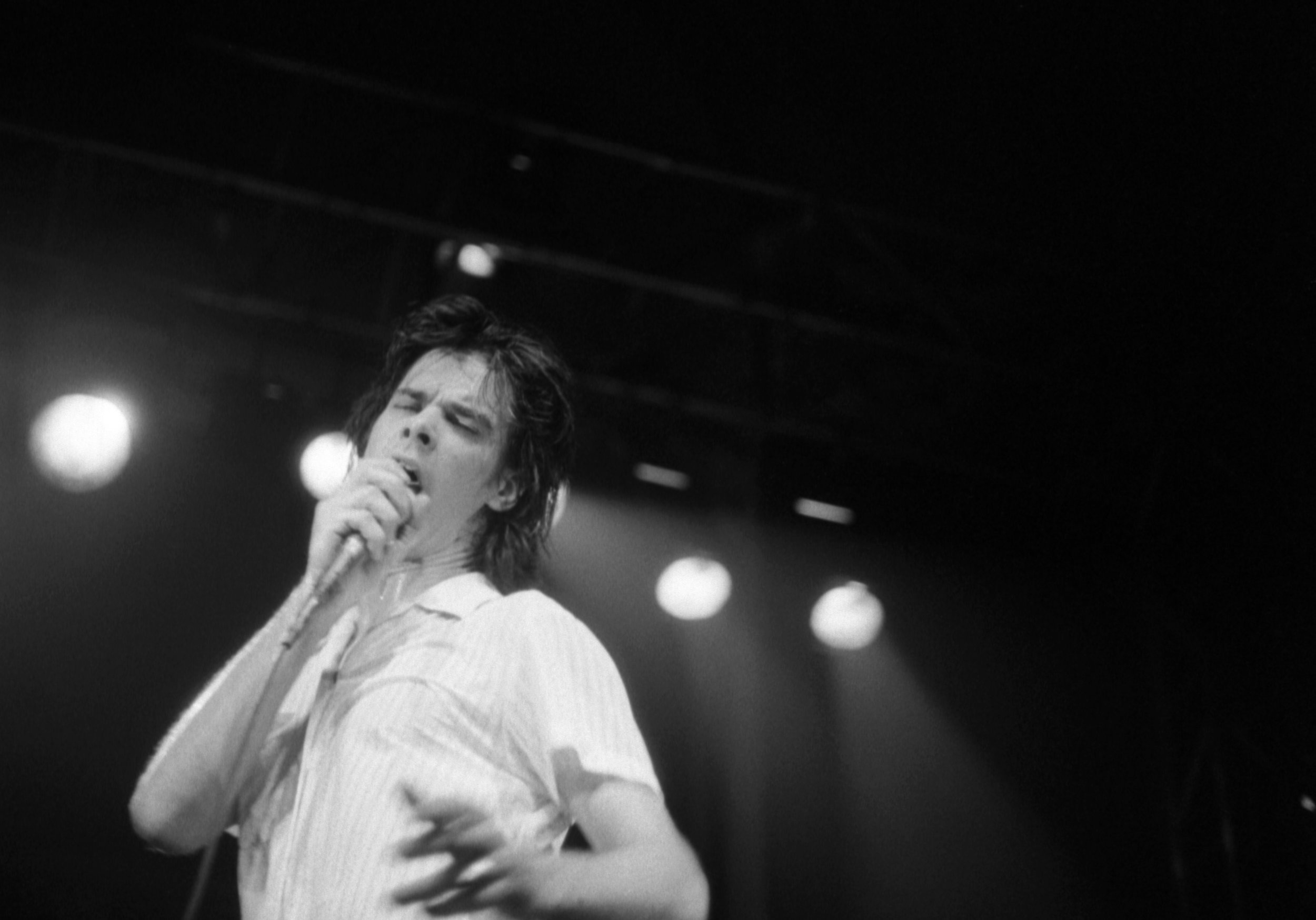
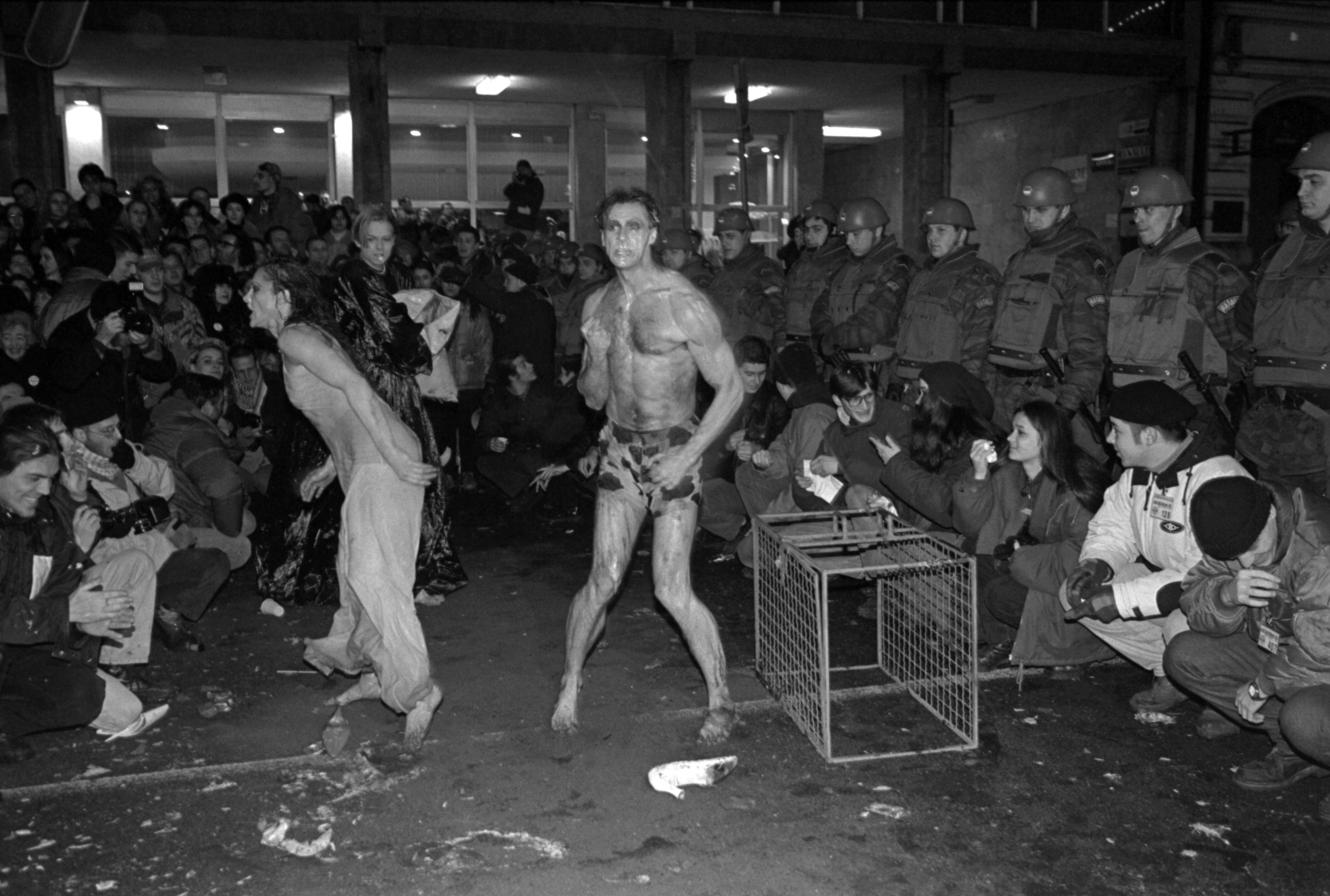

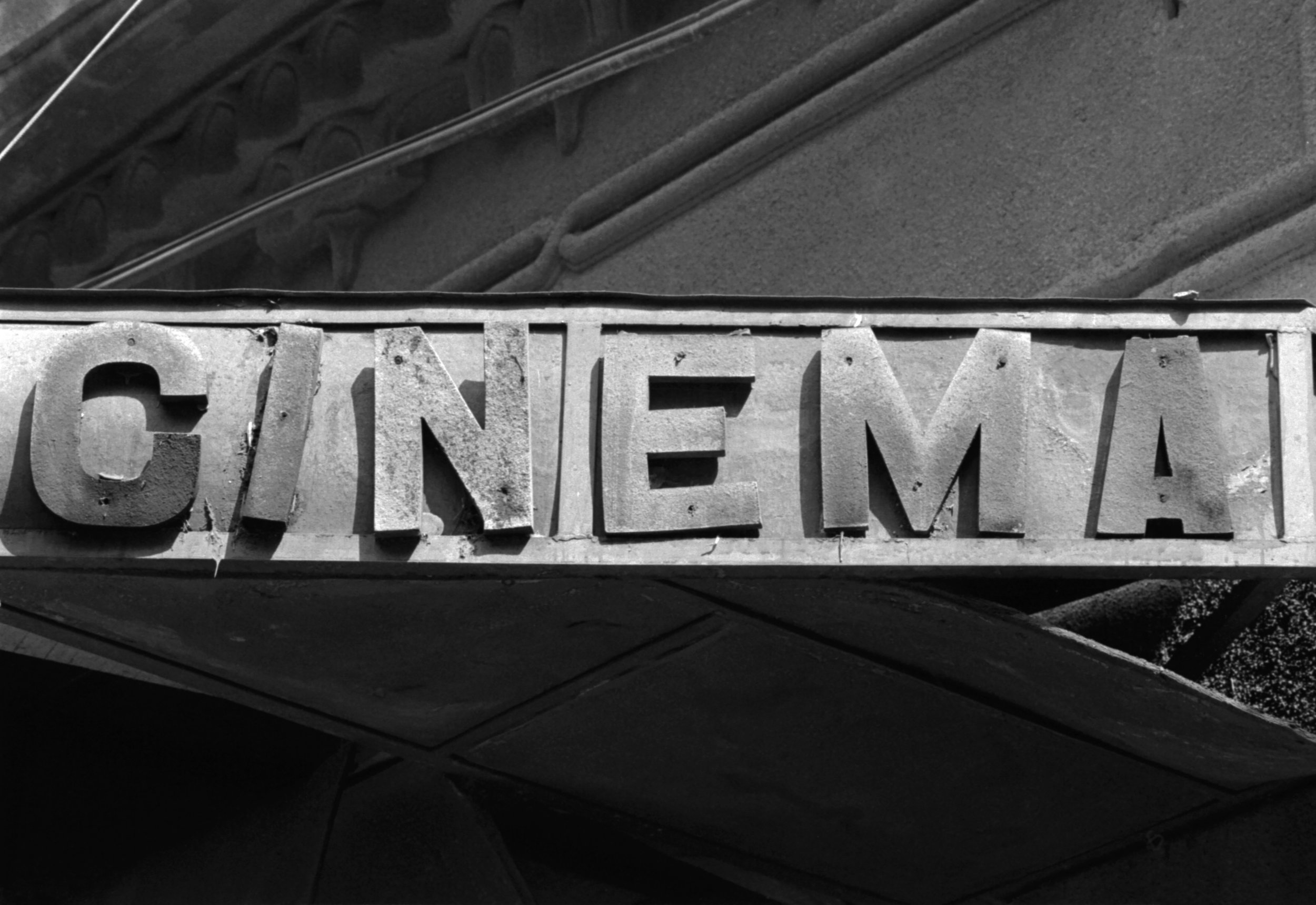


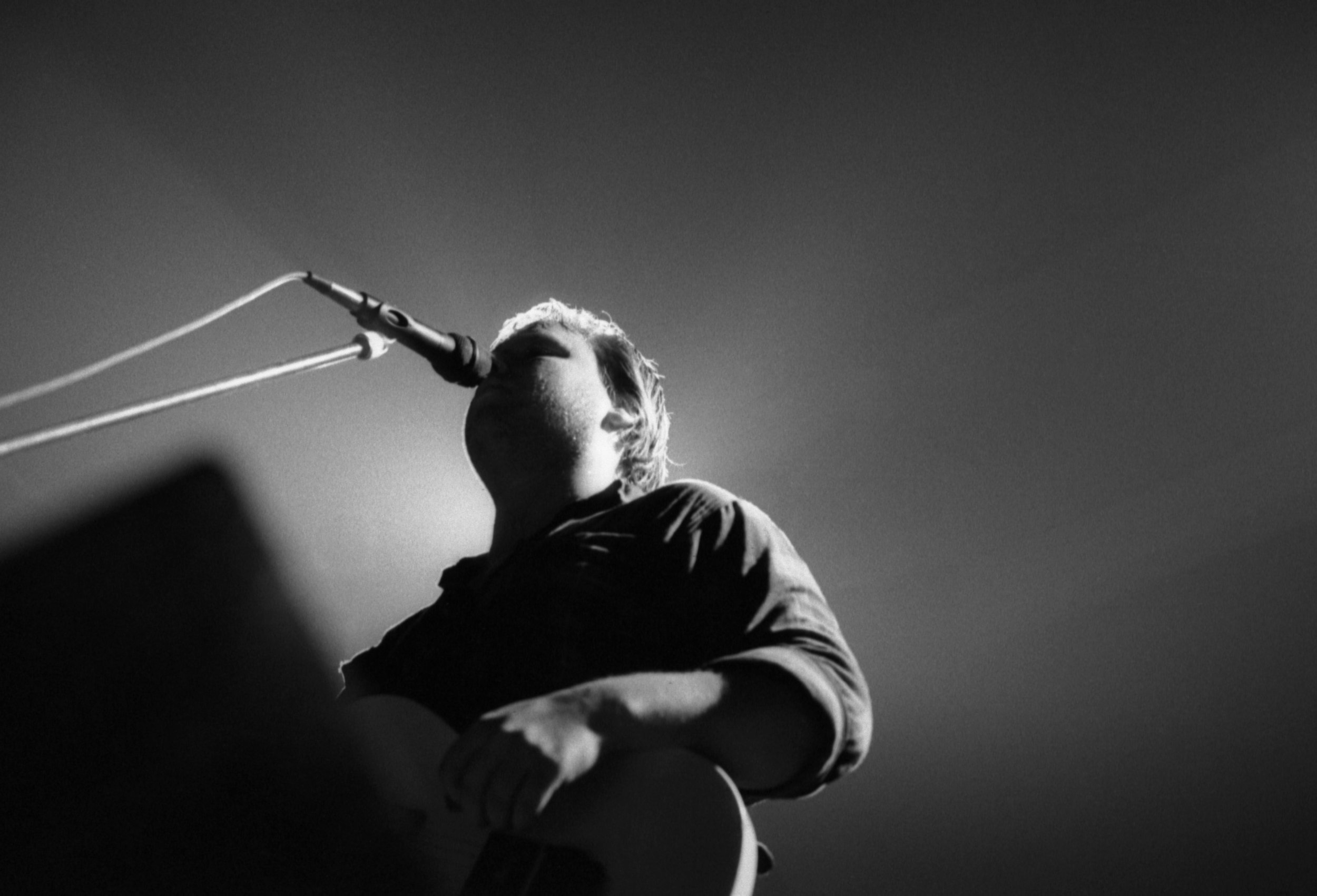
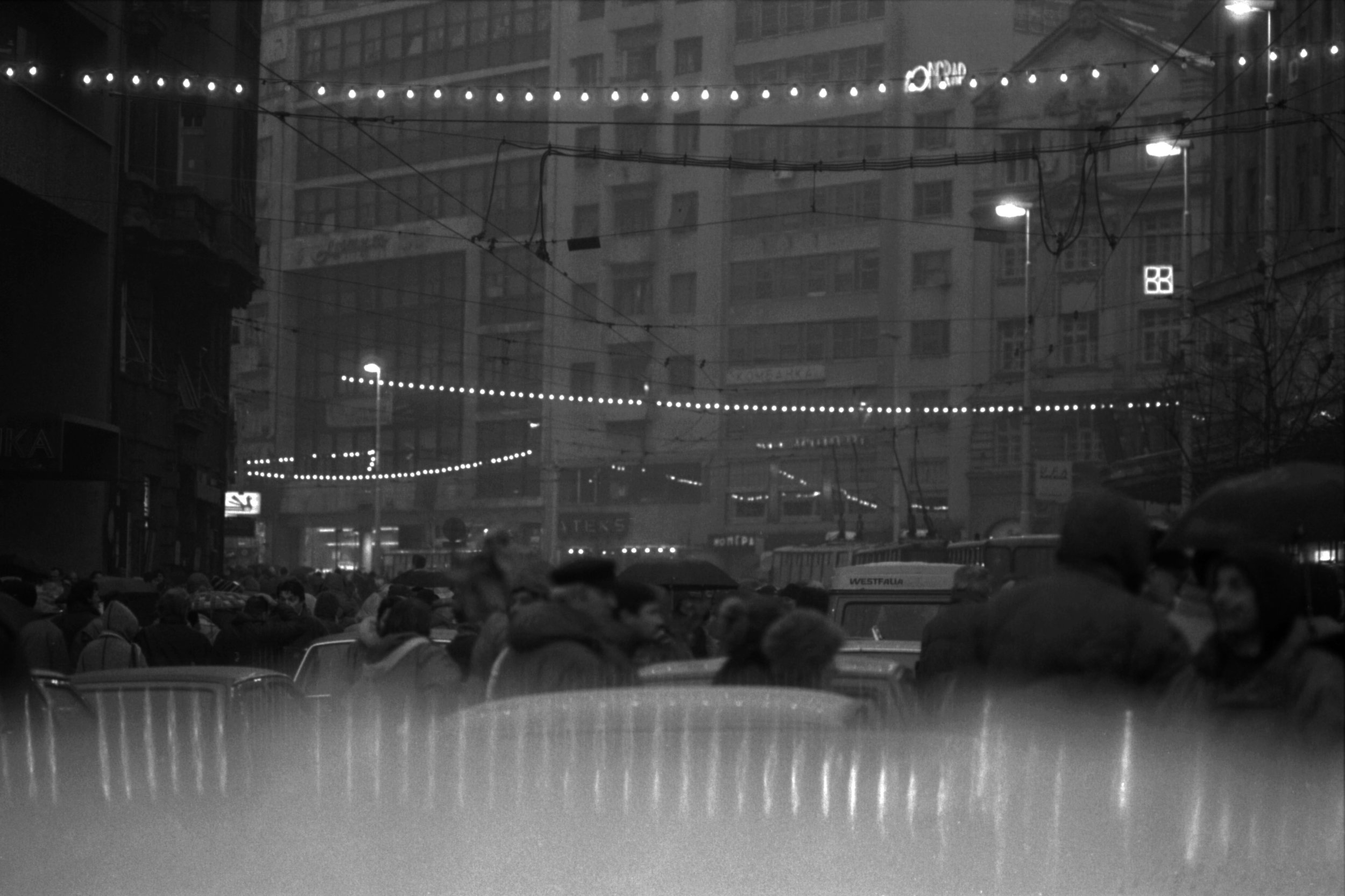
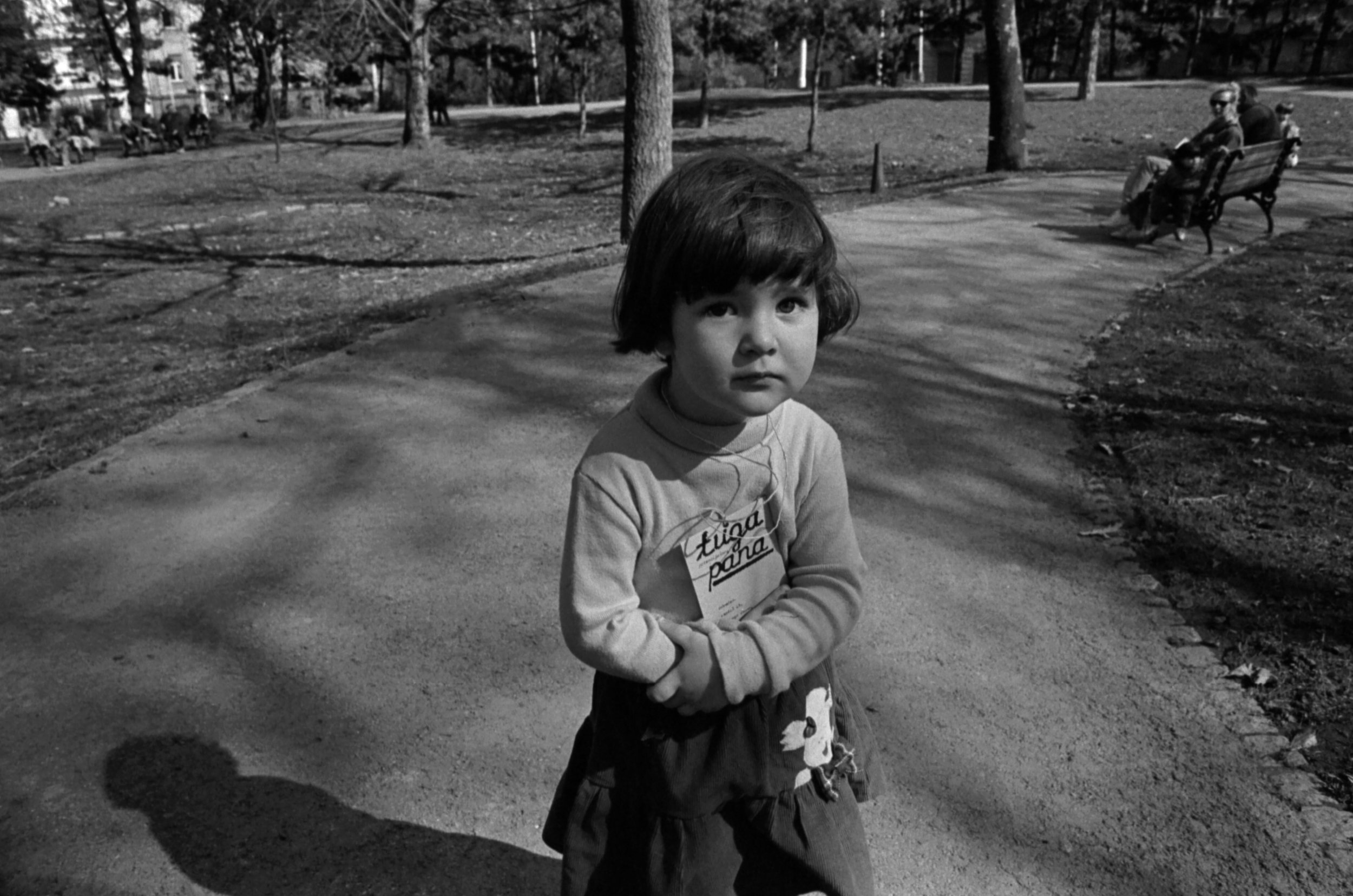
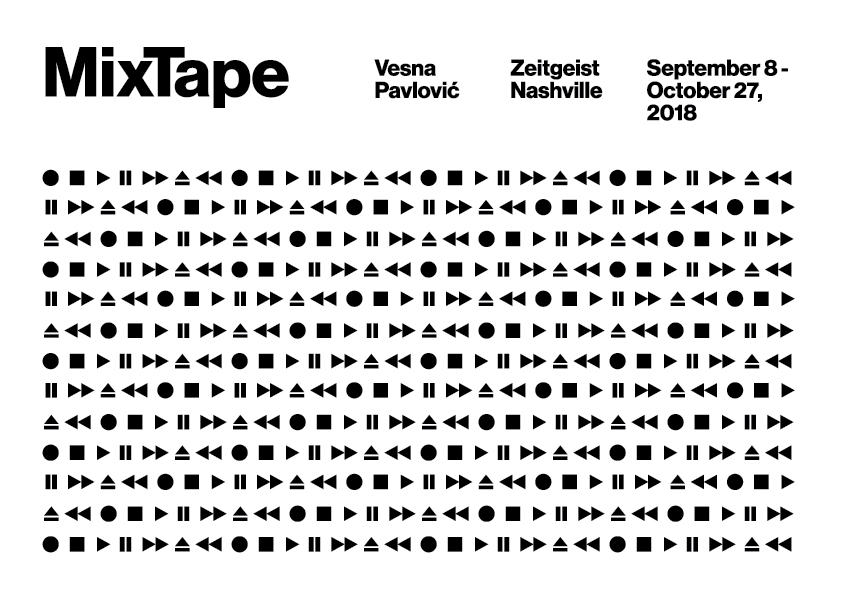
‘Although itself always being self-contained, and a certain object-per-se - a digital playlist of today is NOT a mixtape - there is nothing objective involved in making, or listening to one. A mixtape is not a compilation, nor a “best of” kind of release. It is not based on any statistics, nor on any measurable something, like what was selling the best, what was most played in the radio, or was on B-sides of the more famous singles. A proper mixtape is not even a release, as it is never “official”. Mixtape is always made by someone - what is today perhaps seen as an act of curating - and its purposes and authors may vary: it could be you assembling your favorite songs in the proper order for a long car ride (what people used to do before they started yelling their wishes towards Siri or Google, while they happily serve back the wrong stuff or explain that something is not available half of the time; unless the tape was too old or the machine was in a very bad shape, mixtape simply worked its way with reliable and guaranteed results.’ (Jerić, Vladimir, Vesna Pavlović’s MixTape, exhibition essay, 2018)
Music on MixTape by Boye, Darkwood Dub, Ekatarina Velika, Haustor, Jarboli, Laibach, Neočekivana sila koja se iznenada pojavljuje i rešava stvar, Obojeni Program, Oružjem protivu otmičara, Partibrejkers, Plejboj, and Vlada Divljan (Ex-Yu)
Performed in Serbo-Croatian and English by Country Music, Dubmsigns, Lambda Celsius, The Mute Group, Lylas, Patrick Damphier, The Robe, Sehr Modern, The Altered Statesman, The Styrofoam Winos, Sugar Sk*_*lls (Nashville)
MixTape is produced by Loney John Hutchins, Music director, Cleftmusic.
Essays by Milena Dragičević-Šeśić, prof. UNESCO Chair for Cultural Policy and Management, University of Arts Belgrade and Vldimir Jerić, Media theorist, Belgrade
Graphic Design: Slavimir Stojanović Futro
Please join us for the opening of MixTape, Vesna Pavlović’s third solo show with Zeitgeist. MixTape explores Pavlović’s personal documentary photography archives taken in Serbia during the 1990s, and offers a comprehensive look into an ‘aesthetic of resistance’ at the time of the dissolution of Yugoslavia. Her images capture the 1996 student protests, her early engagement with the art collective Škart and their radio and street performances, the work of peace pacifist group Women in Black, and various other non-for profit organizations such as Radio B 92 and Center for Cultural Decontamination. The images convey an intimate view into a public sphere seen through the lens of a generation which defined a ‘geography of counter-public’ in Serbia and Montenegro during a decade of hardship. During a period of crisis, wars, hyper-inflation, and mass emigration, creating photographs was an act of citizenship and resistance. Different genres of documentary photography on display present a recollection of ‘networked’ memories of individual and collective moments of protest, in which music plays an integral part. As one of the early photographers of the music magazine Ritam in Belgrade, Pavlović created an archive of concert photographs which could be seen as a counter archive to her more institutional documentary work. For her show, the artist selected a number of songs by bands of the former Yugoslavia, which were transcribed phonetically and offered to a group of Nashville musicians to create a special mixtape. MixTape tape will release on Saturday, October 13 with a music performance in the gallery.
MixTape is a metaphor for memories of that time, rewinding, and fast-forwarding to the present. Images and objects in the exhibition point to the inevitable obsolescence of media, history and politics. Vladimir Jerić reminds us that “The music-as-topic, or as ‘visual object’, stands for the totality of the experience of Yugoslav cultural space, specific by its tendency to connect rather than to discriminate between the fields and disciplines, a social practice that surely was not too convenient to the authors who wanted to stay confined within a strict genre or media, or for that matter, a particular school of thought. The music scene of former Yugoslavia was a wider and more complex social phenomenon than what the concept usually meant in the West”.
In her essay for the exhibition publication, Prof. Milena Dragičević-Šešić writes: “Inter-disciplinary work of Vesna Pavlović contains multiple gazes: photographs and photographic installations are sometimes just documents, sometimes testimonies but in most cases, it’s her own artistic work that, through the eye of a camera, opens new perspectives to the understanding of societal challenges while offering a significant contribution to the aesthetics of civil society movements. Her research-based practice is a remix of empirical explorations with personal space of action, creating at the same time a photo-poetry with activist and documentary meanings. At the same time these works are the rich archive of performative practices of Serbian counter-public in the 1990… It was her approach that made photography an equal part of the artistic action. Photography of performance art and series of visual essays are the central media of her creative practice.”
Pavlović’s projects examine the evolving relationship between memory in contemporary culture and the technologies of photographic image production. Expanding the photographic image beyond its frame, traditional format, and the narrative is central to her artistic strategies. She examines photographic representation of specific political and cultural histories, which include photographic archives and related artifacts. Today, we are faced with the vast amounts of existing and newly taken images, found and computer generated, widely and instantaneously disseminated through multiple social media platforms. Her photography challenges these conditions by exploring institutional and personal archives, often suspended, forgotten, and in danger of disappearance.
Vesna Pavlović (Serbia/US) obtained her MFA degree in Visual Arts from Columbia University in 2007. She is an Associate Professor of Art at Vanderbilt University. Pavlović has exhibited widely, including solo shows at the Phillips Collection in Washington DC, the Frist Center for the Visual Arts in Nashville, Museum of History of Yugoslavia in Belgrade, Hanes Art Gallery at Wake Forest University, Illges Gallery at Columbus State University, and the Crocker Art Museum in Sacramento. She participated in a number of group shows, including the Untitled, 12th Istanbul Biennial, 2011, Württembergischen Kunstverein, Düsseldorf, Germany, KUMU Art Museum in Tallinn, Estonia, Zachęta, The National Gallery of Art in Warsaw, Poland, City Art Gallery, in Ljubljana, Slovenia, the New Art Gallery Walsall, Walsall, UK, the Bucharest Biennale 5, in Bucharest, Romania, Museum of Contemporary Photography in Chicago, Le Quartier Center for Contemporary Art in Quimper, France, NGBK in Berlin, Germany, Photographers’ Gallery in London, Kettle’s Yard in Cambridge, UK, and FRAC Center for Contemporary Art in Dunkuerqe, France.
Vesna Pavlović is the recipient of the Fulbright Scholar Award in 2018, The Tennessee Southern Arts Fellowship in 2018, The George A. and Eliza Gardner Howard Foundation in 2017, the City of Copenhagen Artist-in-Residence grant in 2011, and Contemporary Foundation for the Arts Emergency Grants in 2011 and 2014. She has received 2012 Art Matters Foundation grant. Her work is included in major private and public art collections, Phillips Collection and the Hirshhorn Museum and Sculpture Garden, in Washington DC, USA, and Museum of Contemporary Art, Belgrade, Serbia, among others. Recent publication includes “Vesna Pavlović’s Lost Art: Archive, Photography, and Display”, edited by Morna O’Neill and published by Hanes Art Gallery at Wake Forest University in North Carolina.
Exhibition is supported by the Vanderbilt University Chancellor Fellow Program. Special thanks to Dina Divljan, Maja Maričić, Miško Plavi, Milan Mladenović Foundation Belgrade, Branislav Babić Kebra, Biljana Babić, Zoran Kostić Cane, Darko Rundek, Boris Mladenović, Žolt Kovač, Daniel Kovač, Miki Ristić, Roman Goršek, Saša Ajdanov, Sydney Silberman and Geoffrey Pettet, Jerry Phillips and Mark Hosford at Vanderbilt Department of Art, Loney Hutchins and all Nashville musicians who delved into this project with full heart. Thank you.
Lecture / Concert October 13, 2018, 6-8pm
Vladimir Jerić Vlidi: “MixTape: B-sides”
ABOUT TALK:
A mixtape, just like photography, is a phenomena that requires the three conditions of existence: it needs an author as the point of observation, it needs an external object of perception, and it needs a medium to record the result. Through her MixTape project examining her artistic beginnings Vesna Pavlović challenges this premise on many levels. However experienced, as an exhibition of early works that is not a retrospective, as a series of music covers examining the boundaries of translation and understanding in musical and spoken language, or as a concrete piece of cassette tape that puts the laws of space and time on test, the MixTape presents a consistent exception from what may be expected. In the talk titled “MixTape: B-sides” we will try to embrace this unexpectedness, rewind the tape and revisit a place called Yugoslavia; we will re-examine the global and local transition from the 1980s towards the 1990s, and finally try to replay a short history of decisive technological changes of the previous decades. And you might even leave with your own copy of MixTape in hand! Welcome!
ABOUT VLIDI:
Vladimir Jerić Vlidi is a media researcher, editor and author based in Belgrade. Having started in 1988 as a musician and one of the founders of the band Darkwood Dub, he became associated with numerous artistic and activist collectives and organizations he co-founded over time (e.g. Prelom Kolektiv, TEDx Belgrade, Druga Scena, Slobodna Kultura, Creative Commons Serbia). A member of the editorial board of Red Thread Journal for social theory, web editor for Reconstruction Women’s Fund and the author of a number of independent projects. Vlidi is currently engaged with research and production of critical texts and translations from the fields of media theory, social theory and artistic practice. Read more about his work at networkfailure.net.
artist:
dates:
September 8 - October 27
opening Sept 8, 6-8pm
reception October 6, 6-8pm
lecture / concert October 13, 6-8pm
